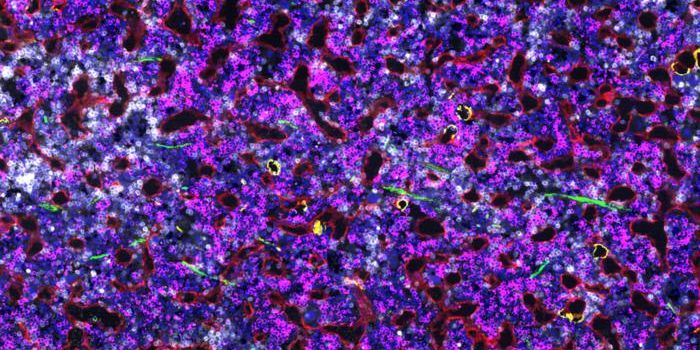Genetic Variant Makes Sugar Healthier for Carriers
There's been a lot of debate about whether carbohydrates are healthy or harmful. While the body needs some carbohydrates to function, excessive levels of sugar can have a toxic effect. There also seem to be some people who can eat whatever they want without showing any effects. Scientists have now discovered that for some people, sugar is not absorbed in the way it is in most, so the negative impacts are significantly minimized, according to new research reported in the journal Gastroenterology.
In this study, the researchers analyzed genetic and heath data from 6,551 adult residents of Greenland. They were looking for small variations in the sequences of geens that are associated with certain characteristics. They determined that Greenlanders who carry two copies of a specific genetic variant weigh less, have a lower body-mass index, lower body fat percentage, and lower triglyceride levels, which are markers of heart disease.
"They have less belly fat and might find it easier to get a six pack. It is amazing and surprising that a genetic variation has such a profoundly beneficial effect," said study co-author and University of Copenhagen biology professor Anders Albrechtsen, PhD.
The variant is in a gene called sucrase-isomaltase, and it causes congenital sucrase-isomaltase deficiency. Carriers of the variant are not able to break the sugars sucrose and isomaltose down for absorption. Though adult carriers don't have many problems, children with the variant have gastrointestinal difficulties, and can have other health issues because they have difficulty metabolizing and absorbing sucrose.
"For them, consuming sugar causes diarrhea, abdominal pain and bloating. Our guess is that as they age, their gut bacteria gradually get used to sugar and learn how to convert it into energy," suggested study co-author Torben Hansen, MD, PhD, a professor at the University of Copenhagen's Foundation Center for Basic Metabolic Research.
The researchers also modeled the variant in mice to learn more about how it impacted physiology. Because the human variant causes the gene to be nonfunctional, the researchers simply knocked the sucrase-isomaltase gene out in mice, instead of introducing the variant. Both knockout and healthy mice were free to consume a fatty, sugary diet, then compared. The study indicated that knockout mice, who could not absorb sucrose normally, gained half the weight as the other mice with normal sugar-absorbing abilities.
The results seem to confirm that the variant creates many beneficial health effects in human carriers. They also show how very small changes in the genome can produce the wide variability in human health and physiology. The study authors suggested that sucrase-isomaltase is an attractive therapeutic target that could improve metabolic health.
Sources: University of Copenhagen, Gastroeneterology









